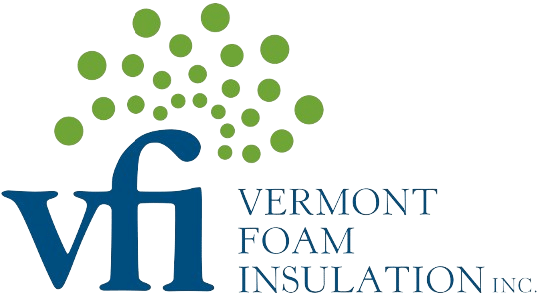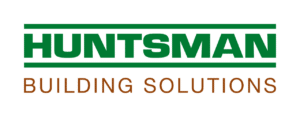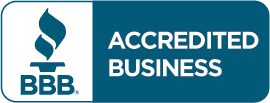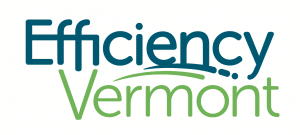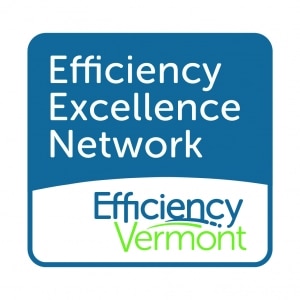This is a common question as Southwestern New Hampshire and Southern Vermont residents prepare for winter weather. The answer starts with a call to the area’s top spray foam insulation contractor, Vermont Foam Insulation, for a site visit and follow-up energy audit appointment. Once you start the process using a home energy audit, you may even qualify for rebates of up to $2,500 through Efficiency Vermont!
What’s Included in an Energy Audit?
An energy audit conducted by a Vermont Foam Insulation technician is built around cutting edge building science. We’ll first make a visual inspection of your home from attic to basement to see where there might be leakage or inadequate insulation in your attic.
Then we’ll place our blower door fan in an exterior doorway to measure how much air leakage is occurring. Our technician will also use an infrared scanning camera to document where leaks and gaps are allowing air and heat to enter and exit your home. Infrared technology helps us “see” behind walls and ceilings to show temperature differences that mark air and heat incursions. The technician will also perform other tests to ensure your health and safety, including furnace combustion testing.
How Much Insulation Is Required for My Home?
Insulation effectiveness is measured in R-values, which simply indicates how well the material resists heat transfer. The higher the R-value number, the better the material is at keeping warmth inside your home in the winter and outside during the summer.
Calculations vary for R-value by the inch among common insulation materials. For example, cellulose, with a lower insulation R-value per inch, will require more inches to achieve the total desired R-value for attic insulation than spray foam insulation, even though both are perfectly good to use in this area of your home. Once the energy audit information is collected, the technician will review how much R-value of insulation will be needed if you’re adding insulation to your attic, as well as other areas in your home including the basement, walls, and floors. ENERGY STAR recommends Vermont and New Hampshire homes in our service area have between R49-R60 for attic insulation.
What Types of Attic Insulation Work Best?
The best type of insulation for your Southwestern NH home will depend on several factors, including home design, budget, and access, as well as personal preference. Despite our name, Vermont Foam Insulation installs all types of insulation, including:
-
Spray foam attic insulation
-
Blown-in cellulose insulation (both loose- and dense-pack)
-
Fiberglass batts
-
Mineral wool insulation
How Can My Insulation Improvement Qualify for Rebates?
Along with the benefits of improved year-round comfort, better indoor air quality, and lower energy costs, upgrading your attic insulation and air sealing with a qualified cellulose and spray foam insulation company like Vermont Foam Insulation can qualify your project for Home Performance with ENERGY STAR rebates. As Southern Vermont’s most trusted insulation contractor, we can help make the process of applying and qualifying for these valuable rebates easy—it all starts with a home energy audit.
